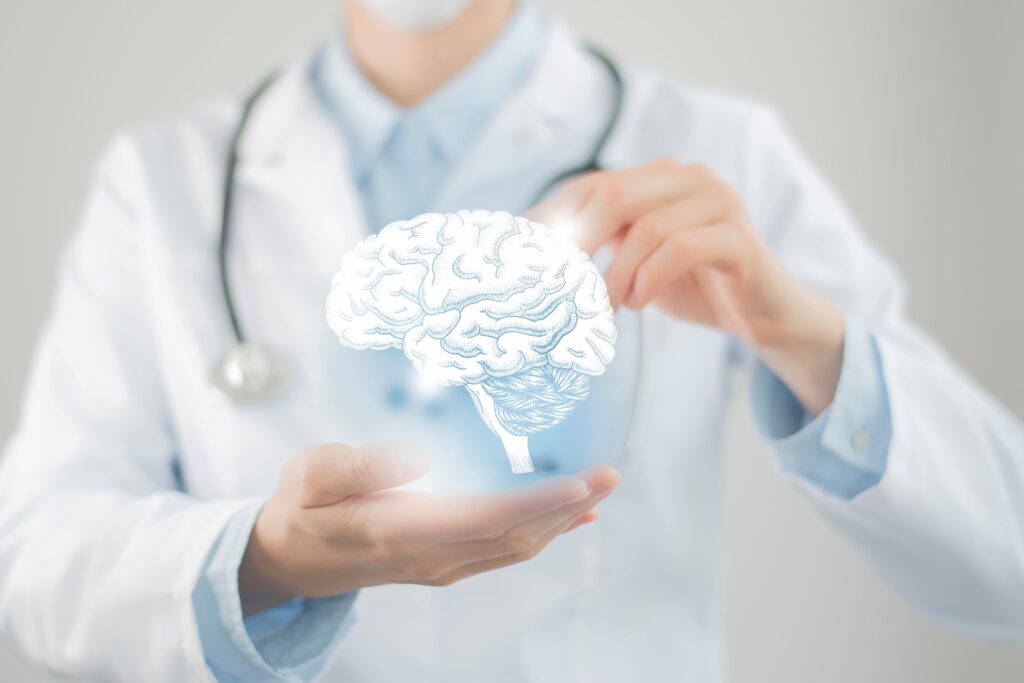The field of neurorehabilitation is constantly evolving, bringing new hope to individuals recovering from traumatic brain injuries (TBI). As our understanding of the brain deepens, so does our ability to heal it. The focus on innovations in TBI rehabilitation in 2025 is shifting toward more personalized, technology-driven, and targeted approaches. These new TBI treatments are moving beyond traditional therapy, offering exciting possibilities for improved outcomes and a better quality of life. This guide explores the cutting-edge developments that are reshaping TBI recovery today. Reach out today to learn more about how we can help you enhance your golden years.
TBI New Treatments: A Personalized Approach
One of the most significant shifts in TBI care is the move away from one-size-fits-all protocols. Researchers and clinicians now recognize that every brain injury is unique. This has paved the way for highly personalized treatment plans that consider an individual’s specific injury, genetic makeup, and recovery goals.
Advanced Neuroimaging and Biomarkers
New imaging techniques allow doctors to see the injured brain with unprecedented detail. Functional MRI (fMRI) and Diffusion Tensor Imaging (DTI) can map the brain’s neural pathways, showing not just where the damage is but how it affects brain function. Additionally, the use of blood-based biomarkers can help a neurologist quickly assess the severity of an injury and predict recovery trajectories, enabling them to tailor therapies right from the start.
Pharmacogenomics
This emerging field studies how a person’s genes affect their response to drugs. For TBI patients, this means doctors can select medications for symptoms like spasticity, cognitive fog, or depression that are most likely to be effective and have the fewest side effects. This personalized approach to medication management is a game-changer for optimizing recovery.
Technology-Driven Innovations in TBI Rehabilitation 2025
Technology is at the forefront of modern TBI rehabilitation, offering engaging and effective ways to rebuild neural pathways and restore function. Many of these tools are now available in a specialized neurology clinic or for at-home use.
Virtual Reality (VR) and Augmented Reality (AR)
VR and AR systems create immersive, controlled environments where patients can safely practice real-world skills.
- Motor Skills: A patient can practice walking through a virtual supermarket to improve balance and navigation or use a VR-simulated kitchen to relearn cooking tasks.
- Cognitive Rehabilitation: Gamified VR experiences can help improve memory, attention, and problem-solving skills in an engaging way that promotes consistent practice.
- Social Skills: VR can simulate social interactions, helping individuals practice communication and emotional recognition in a low-stress setting.
Wearable Sensors and Robotics
Wearable technology provides real-time feedback on movement and physiological responses.
- Robotic Exoskeletons: These devices can assist patients with severe motor impairments in standing and walking, promoting neuroplasticity by helping the brain relearn movement patterns.
- Wearable Sensors: Small sensors worn on the body can track the quality of a person’s gait, balance, and limb use throughout the day, providing valuable data for therapists to fine-tune rehabilitation programs.
Neuromodulation and Brain Stimulation
Neuromodulation techniques use electrical or magnetic currents to stimulate specific areas of the brain, encouraging it to form new connections and heal. These non-invasive new TBI treatments are showing great promise.
- Transcranial Magnetic Stimulation (TMS): This technique uses magnetic fields to stimulate nerve cells in the brain. It has been shown to improve motor function, reduce depression, and enhance cognitive performance in TBI survivors.
- Transcranial Direct Current Stimulation (tDCS): This method applies a low-level electrical current to the scalp to increase or decrease neuronal activity. It is being used to improve attention, memory, and learning after a TBI.
The Future of TBI Recovery
The landscape of TBI rehabilitation is more dynamic than ever. With a growing emphasis on personalized medicine, advanced technology, and direct brain stimulation, recovery is becoming a more precise and effective process. These innovations empower both patients and clinicians, offering tools that can be tailored to individual needs and goals.
If you or a loved one is navigating the journey of TBI recovery, it is essential to connect with a neurologist or a specialized rehabilitation center. Discussing these new treatment options can help you create a forward-thinking plan that leverages the best of what modern science has to offer. The future of TBI care is here, and it is filled with potential. Feel free to call HouseCalls Home Care at 718-922-9200 if you or a loved one requires compassionate and competent in-home care services. You can also send an email to us at info@HouseCallshc.org for more information. Our goal is to help you find the best support for your needs. Alternatively, you can register your information here https://yuz88hfiyh7.typeform.com/to/E5thuv5G?typeform-source=statics.teams.cdn.office.net, and we will get back to you.




